The Stories We Tell
When we deny our stories, they define us. When we own our stories, we get to write the ending.
-Brené Brown, Rising Strong
I’m about to tell you something you may not have considered about yourself; perhaps something you are completely unaware of. Despite being introverted, extroverted, highly entertaining, or completely terrified of public speaking, this truth remains. You ready for this?
You are an excellent storyteller.
That’s right. You are an excellent storyteller! Now, this may look a little different from the quintessential, Garrison Keillor archetype you envision; but it’s true. You make up stories all day long every day and tell those stories to yourself, albeit subconsciously and involuntarily. These stories directly affect the decisions you make, the relationships you build, the behavioral patterns you lock into, and the emotions you experience.
Lessons from a four-way stop
Consider this: when was the last time someone rubbed you the wrong way? This can be someone you know well or merely a frustrating experience with a total stranger. For example, Monday I was headed to the office and pulled up to a four way stop in my neighborhood. Mind you, I was off to a great start: Coffee in hand, morning workout behind me, NPR rocking, I even had time to blow dry my hair which is rare. It tends to be shove down some breakfast or blow dry my hair, you know? Breakfast always wins. I love breakfast. Anyway, life was good and the morning gods smiled upon me…
I did not have the right of way. The SUV that did was stopped at the stop sign, about to proceed normally through the intersection as I waited to go next. All good. Well, an older gentleman in a fancy silver sedan pulled up to the stop sign on my right, in line to go after me. While the SUV made its way through the intersection, I noticed the guy to my right violently flailing his hands about and passionately yelling with an angry edge and plenty of volume, all while looking directly at me across the way as if I had just insulted his mother in really bad taste.
What the ?? Who is this guy and why on earth is he pissed at me? I immediately began telling myself a story that went something like this: Here I am minding my own business and obeying traffic laws while this angry person wakes up on the wrong side of the bed, apparently feeling the need to go postal on me and ruin my morning. What’s the deal? What have I done? Is he CRAZY?!? Am I CRAZY?!?
Despite total bewilderment due to this unfounded attack, I sped off in a huff and had a bad attitude for the next hour. Whoa. Not only am I a storyteller, I am apparently a pretty competent one!
Power Play
Okay, so what’s the point? How is this newfound identity as storyteller a crucial piece of awareness in our daily experience? There is incredible power and creative license that accompanies the role of storyteller. While we have minimal control over other people, world events, changing paradigms; what happens to us, we have total control over the meaning we appropriate and apply to them.
The story I tell myself about what is happening around me is the color I choose to paint life’s canvas with.
My road-raging friend from Monday may have been on speaker phone with his wife (God, I hope not) or perhaps just received some devastating news and saw me as a worthy, temporary, and safe emotional punching bag. I will never know.
What I do know is we create narratives in the absence of information in order to complete a circle of certainty. As humans, we are hard wired this way. Our brains need to connect the dots in order to file away some semblance of meaning. Its pure biology…survival.
In Brene Brown’s Rising Strong, we learn about a neurologist and writer called Robert Burton who explains that “our brains reward us with dopamine when we recognize and complete patterns. Stories are patters. The brain recognizes the familiar beginning-middle-end structure of a story and rewards us for clearing up the ambiguity. Unfortunately, we don’t need to be accurate, just certain.”
Narrative Therapy
I believe this innate hardwiring we have as storytellers explains our ongoing cultural fascination with narrative; the most epic of enactments: good vs. evil. (Insert your favorite trilogy here; or Star Wars, duh.) Stories are sustenance promoting physiological, ideological, artistic, and civic viability.
As a writer and therapist I truly love facilitating this process in my work through narrative therapy.
In narrative therapy, we create stories about ourselves that redeem, empower, and promote healing. Despite our broken and disjointed past, the narrative approach enables a new co-authored story to set the stage for a hopeful reality. When we live out of a worthy self-concept, the story of our life takes on significance and abundance.
The Edit
What stories are you telling yourself today? Chances are, there are some really compelling ones that you like to listen to a lot. What kind of experience do these stories promote? This week, I challenge you to observe, write down, and edit them if they do not serve your process well. This is where the fun begins, my friends. This is where we get to drive that storytelling ship into hauntingly beautiful and uncharted waters. Pick up your pencil; your time is now.

